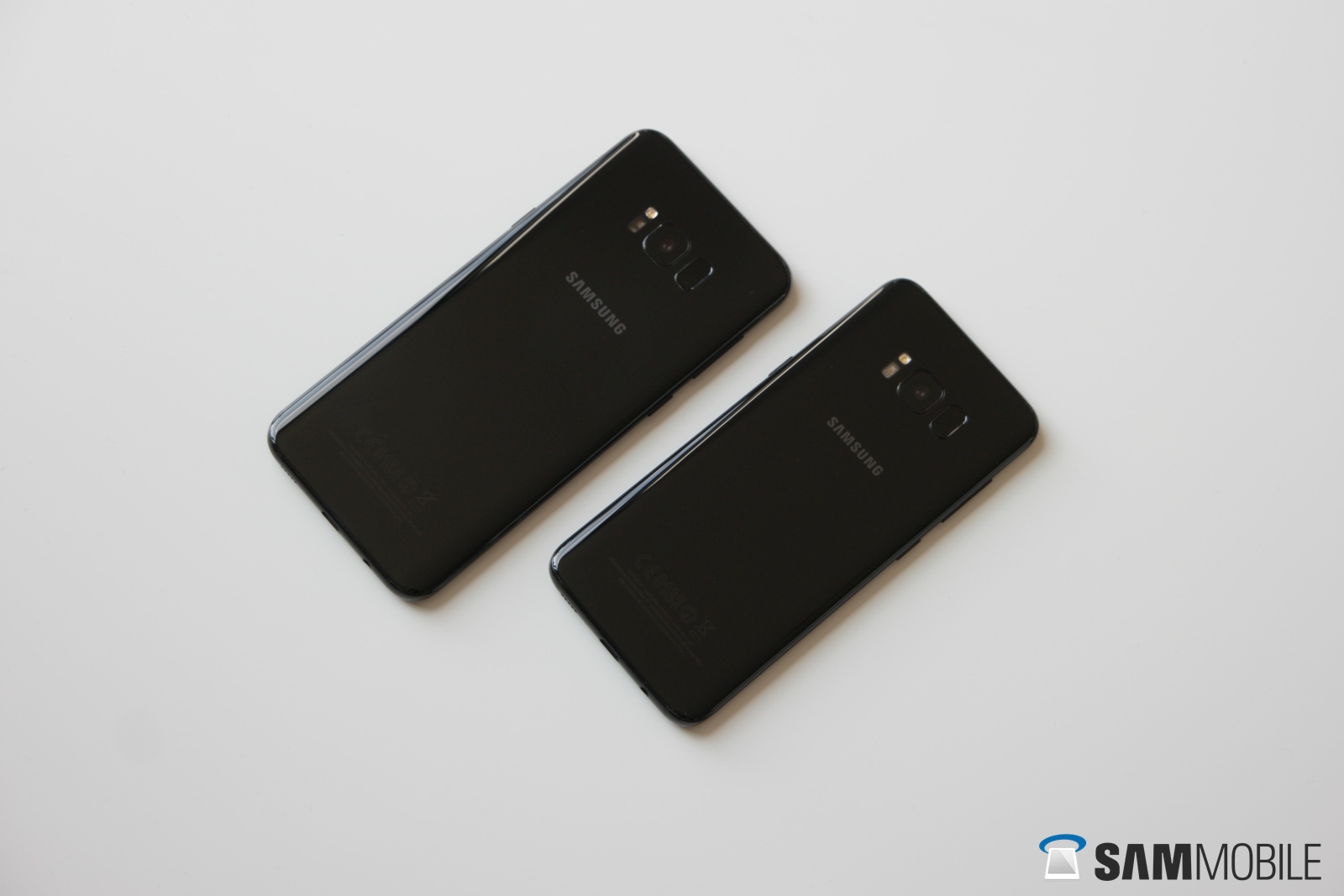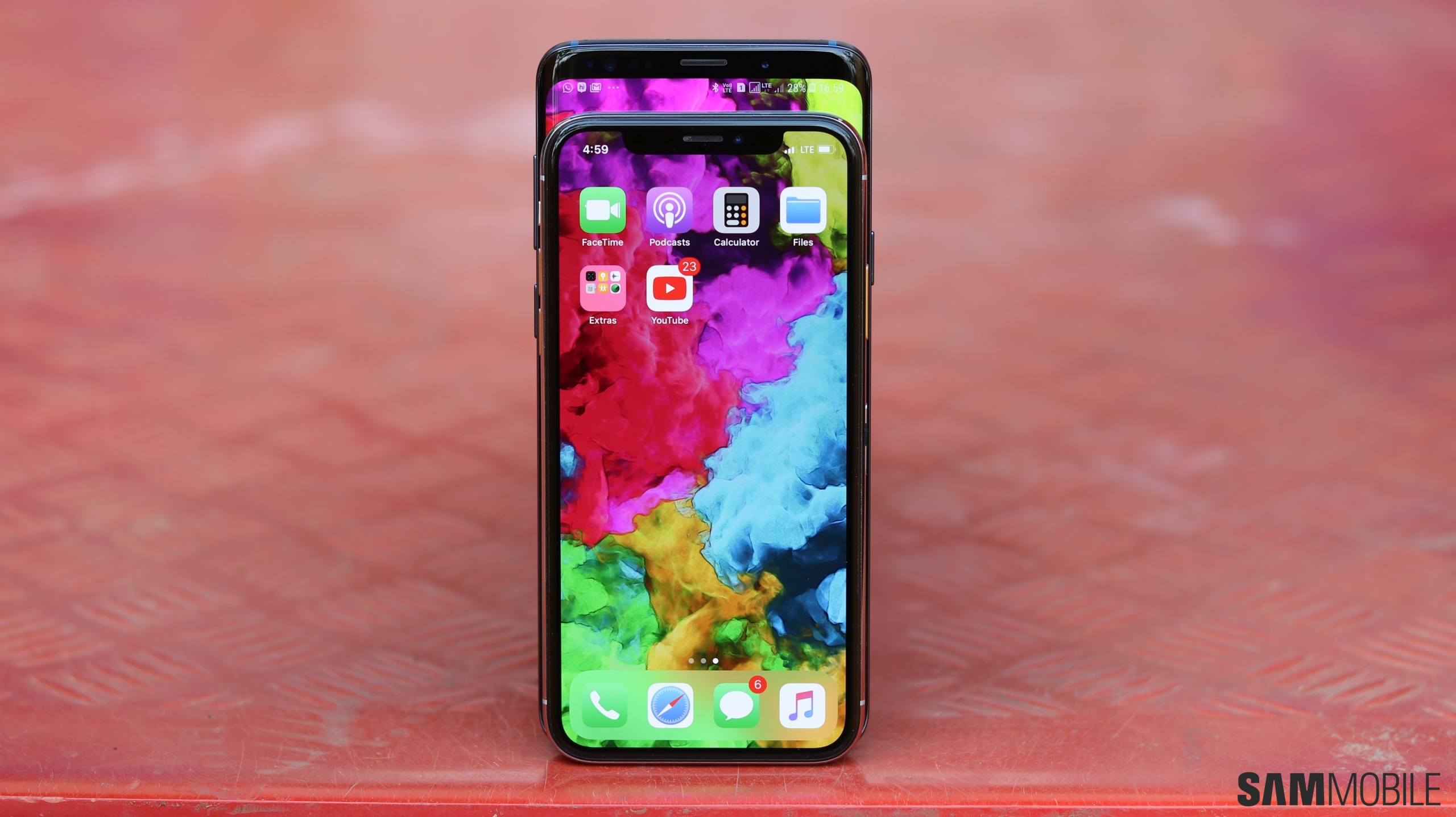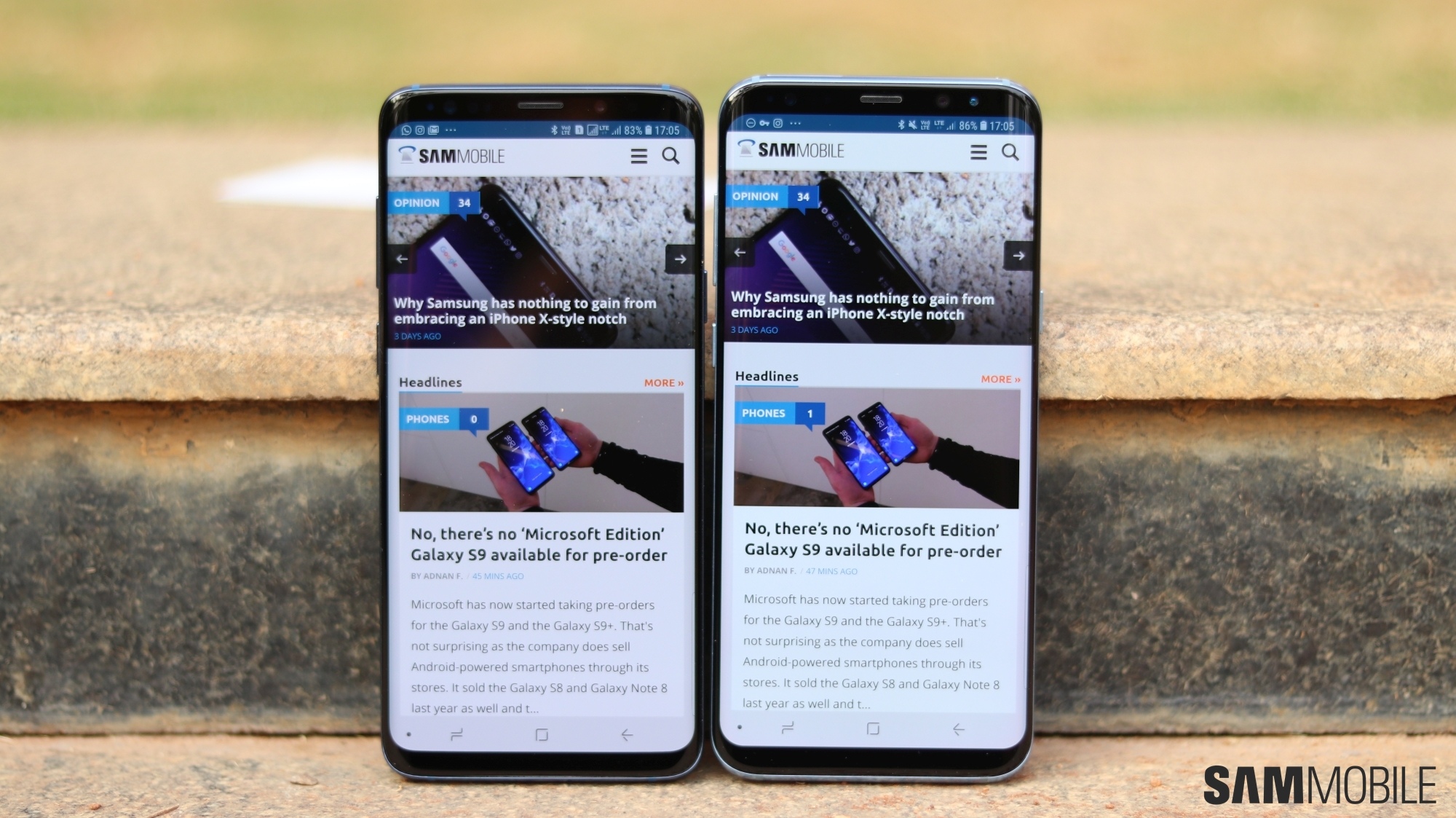
Samsung also makes money if Apple fails to sell more of their iPhones. Samsung is Apple’s biggest competitor in smartphones around the world. The Galaxy flagship smartphones are the only devices that can rival iPhones in mindshare and market share. So, unsurprisingly, a customer lost by Apple often turns into a new customer for Samsung. This is exactly what seems to have happened in the UK because of the delayed iPhone X launch.
iPhone X November launch helps Samsung
Apple usually brings their new iPhones to the market in September every year. The trend has been changed this year with Apple launching the iPhone X along with the iPhone 8 and iPhone 8 Plus. While the iPhone 8 and iPhone 8 Plus were incremental upgrades to the last year phones, iPhone X was a completely redesigned iPhone with a bezel-less OLED display. However, the iPhone X wasn’t immediately available for sale after the announcement. The sales began only in November last year coupled with the usual stock shortages.
This delay in the launch of the iPhone X had a positive impact on Samsung smartphone sales in the UK. According to the data from Kantar Worldpanel ComTech, Samsung's market share in the UK improved in the run-up to the iPhone X launch. Samsung had a market share of 37.5% compared to Apple's 34.8% before the start of iPhone X sales.
Samsung gained 7.1% market share in the UK during the three-month period before the iPhone X's release. When the iPhone X eventually went on sale in the UK, it gave an immediate boost to Apple and snatched away the top sales position from Samsung in November.
















